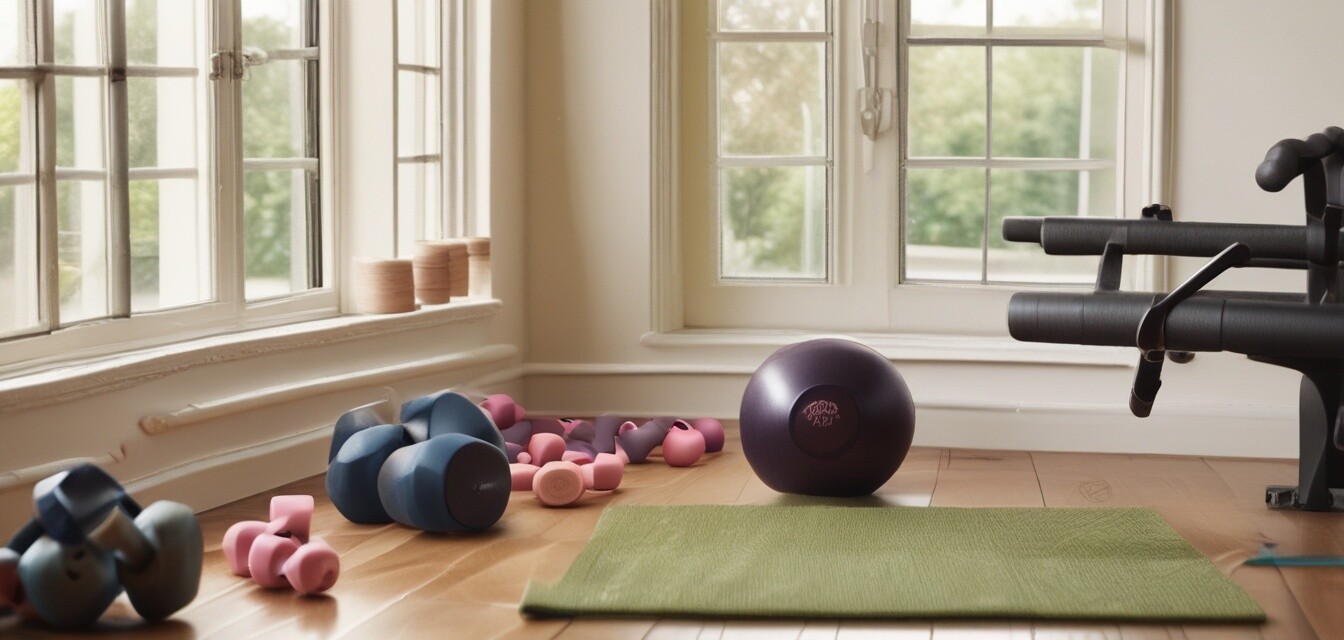
The rise of at-home personal training for seniors
Key Takeaways
- At-home personal training is tailored specifically for seniors, catering to their unique fitness needs.
- Trainers create personalized programs, ensuring exercises are safe and effective.
- Convenience and comfort are major factors driving this trend among seniors.
- Staying active at home can improve strength and overall well-being.
- This trend also highlights the importance of social interaction and accountability in aging populations.
As we embrace an era that focuses on wellness and longevity, the rise of at-home personal training for seniors has become a significant trend in the fitness landscape. With tailored workouts and the convenience of being at home, many seniors are turning to personal trainers who specialize in senior fitness. This article dives into the reasons behind this trend, the benefits of at-home training, and how it can cater specifically to older adults' fitness needs.
Why at-home personal training is gaining popularity
The need for personalized fitness solutions has never been higher, especially among seniors who may have different requirements than younger adults. The reasons for the growing popularity of at-home personal training include:
- Safety: Many seniors face mobility issues and may be concerned about their safety while exercising in public gyms. At-home training provides a controlled environment.
- Convenience: Seniors can avoid the hassle of traveling to gyms or fitness classes, making it easier to incorporate workouts into their daily routine.
- Customized Programs: Personal trainers can design specific programs based on individual needs and abilities.
Benefits of at-home personal training
At-home personal training offers a plethora of benefits for seniors, including:
| Benefit | Description |
|---|---|
| Increased Comfort | Working out in familiar surroundings can reduce anxiety and promote consistency. |
| Accessibility | Trainers can modify exercises, ensuring that seniors can participate regardless of their fitness level. |
| Motivation and Accountability | One-on-one training creates a more personal connection, encouraging seniors to stay committed to their fitness journey. |
| Social Interaction | Personal trainers not only provide guidance but also companionship, which can combat feelings of isolation. |
How at-home personal trainers cater to seniors
At-home personal trainers for seniors focus on several key areas to ensure that workouts are both safe and effective:
- Assessment: The initial assessment helps the trainer understand the client's physical capabilities and establish a baseline for future progress.
- Flexibility and Balance: Seniors are often at risk for falls; therefore, programs emphasize exercises that enhance balance and flexibility.
- Strength Training: Customized resistance training routines are crucial for maintaining muscle mass and bone strength.
The role of technology in at-home personal training
Technology has played a significant role in enhancing at-home personal training experiences. Features include:
- Video Conferencing: Trainers can conduct sessions via platforms like Zoom or Skype, making it easier to access services.
- Fitness Apps: These can track progress, set reminders, and provide workout guidance, adding value to home fitness routines.
- Wearable Devices: Devices like heart rate monitors offer valuable insights into workout intensity and overall health.
Challenges of at-home personal training
While the benefits are numerous, there are also challenges associated with at-home personal training for seniors:
- Equipment: Not all seniors have the necessary equipment at home, which can limit the types of exercises they can perform.
- Motivation: Some seniors may lack intrinsic motivation or the energy to complete workouts regularly.
- Finding Qualified Trainers: It can be challenging to locate trainers who specialize in senior fitness, ensuring safety and expertise.
Beginner's Tips for Seniors Considering At-Home Training
- Start Slow: Begin with light exercises and gradually increase intensity.
- Communicate: Keep an open line of communication with your trainer about any concerns or discomfort.
- Stay Consistent: Set a routine that incorporates training sessions into your schedule.
Conclusion
The trend of at-home personal training for seniors offers a promising solution for getting and staying fit as we grow older. The combination of safety, convenience, and personalization makes it an attractive option for many. As seniors continue to seek ways to maintain their strength and well-being, the role of personal trainers will likely expand even further. To explore more about effective training tools, check out our sections on dumbbells, resistance bands, and exercise equipment tailored specifically for seniors. Stay strong and active!